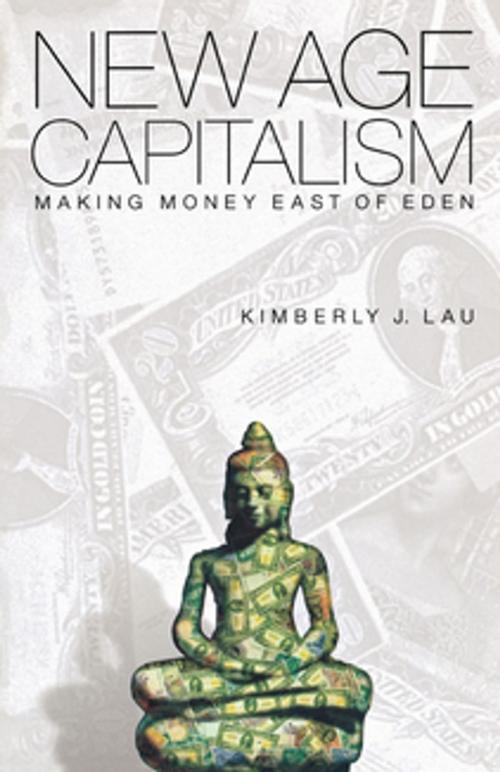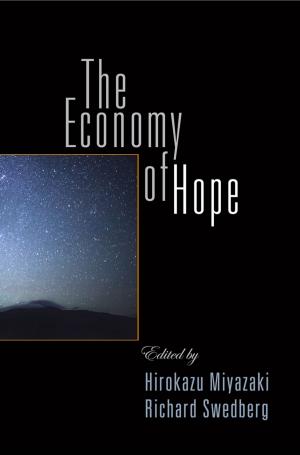New Age Capitalism
Making Money East of Eden
Nonfiction, Social & Cultural Studies, Social Science, Folklore & Mythology, Cultural Studies, Popular Culture| Author: | Kimberly J. Lau | ISBN: | 9781512820010 |
| Publisher: | University of Pennsylvania Press, Inc. | Publication: | November 10, 2015 |
| Imprint: | University of Pennsylvania Press | Language: | English |
| Author: | Kimberly J. Lau |
| ISBN: | 9781512820010 |
| Publisher: | University of Pennsylvania Press, Inc. |
| Publication: | November 10, 2015 |
| Imprint: | University of Pennsylvania Press |
| Language: | English |
The pursuit of health and wellness has become a fundamental and familiar part of everyday life in America. We are surrounded by an enticing world of products, practices, and promotions assuring health and happiness—cereal boxes claim that their contents can reduce the risk of heart disease, bars of aromatherapy soap seek to wash away our stresses, newspapers celebrate the wonders of the latest superfoods and herbal remedies. No longer confined to the domain of Western medicine, suggestions for healthy living often turn to alternatives originating in distant times and places, in cultures very different from our own. Diets from ancient or remote groups are presented as cures for everything from colds to cancer; exercise regimens based on Eastern philosophies are heralded as paths to physical health and spiritual wellbeing.
In New Age Capitalism, Kimberly Lau examines the ideological work that has created this billion-dollar business and allowed "Eastern" and other non-Western traditions to be coopted by Western capitalism. Extending the orientalist logic to the business of health and wellness, American companies have created a lucrative and competitive market for their products, encouraging consumers to believe that they are making the right choices for personal as well as planetary health. In reality, alternative health practices have been commodified for an American public longing not only for health and wellness but also for authenticity, tradition, and a connection to the cultures of an imagined Edenic past. Although consumers might prefer to buy into "authentic" non-Western therapies, New Age Capitalism argues that the market economy makes this goal unattainable.
The pursuit of health and wellness has become a fundamental and familiar part of everyday life in America. We are surrounded by an enticing world of products, practices, and promotions assuring health and happiness—cereal boxes claim that their contents can reduce the risk of heart disease, bars of aromatherapy soap seek to wash away our stresses, newspapers celebrate the wonders of the latest superfoods and herbal remedies. No longer confined to the domain of Western medicine, suggestions for healthy living often turn to alternatives originating in distant times and places, in cultures very different from our own. Diets from ancient or remote groups are presented as cures for everything from colds to cancer; exercise regimens based on Eastern philosophies are heralded as paths to physical health and spiritual wellbeing.
In New Age Capitalism, Kimberly Lau examines the ideological work that has created this billion-dollar business and allowed "Eastern" and other non-Western traditions to be coopted by Western capitalism. Extending the orientalist logic to the business of health and wellness, American companies have created a lucrative and competitive market for their products, encouraging consumers to believe that they are making the right choices for personal as well as planetary health. In reality, alternative health practices have been commodified for an American public longing not only for health and wellness but also for authenticity, tradition, and a connection to the cultures of an imagined Edenic past. Although consumers might prefer to buy into "authentic" non-Western therapies, New Age Capitalism argues that the market economy makes this goal unattainable.















